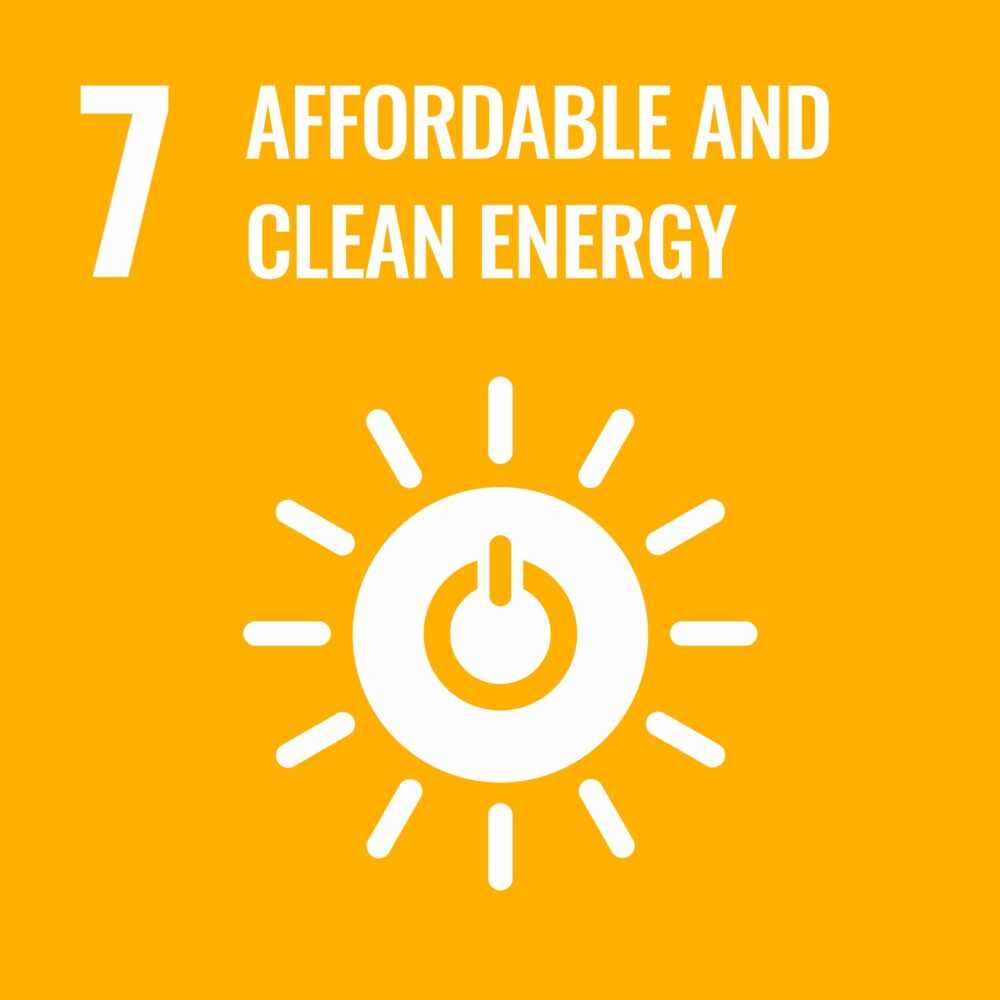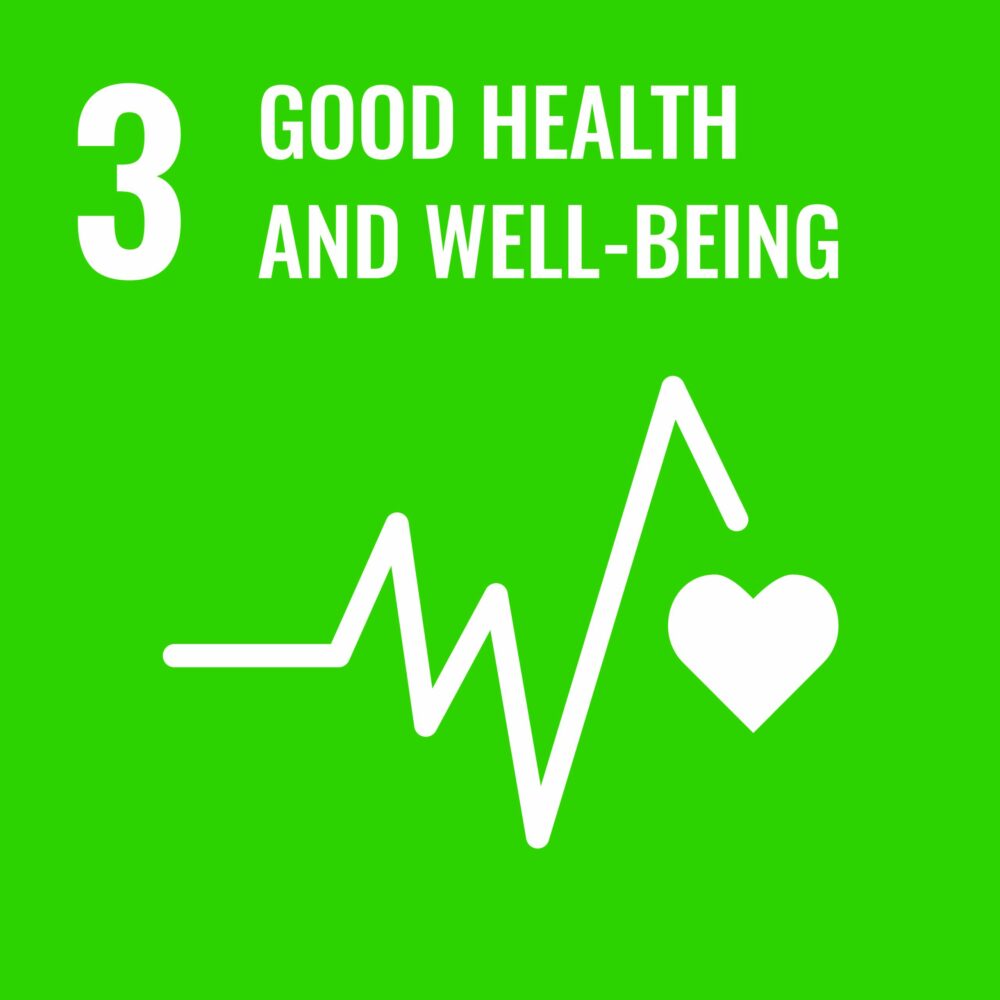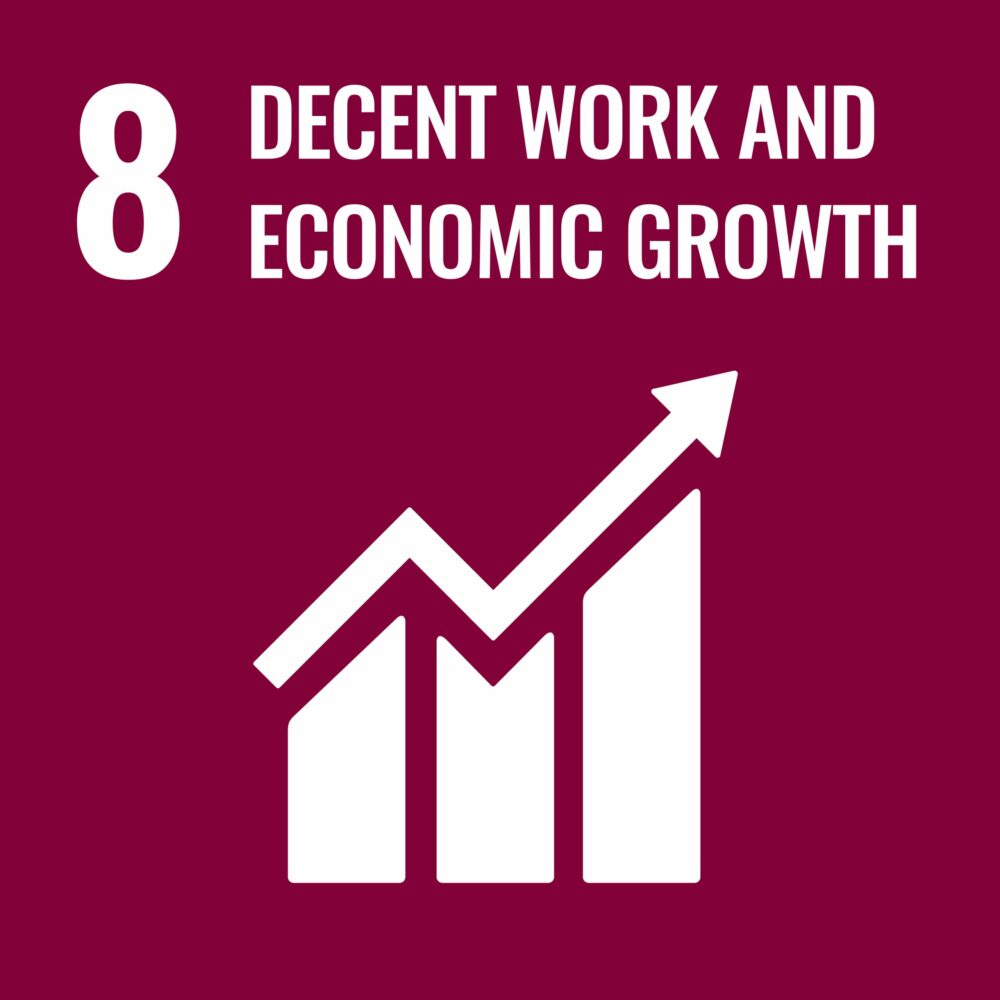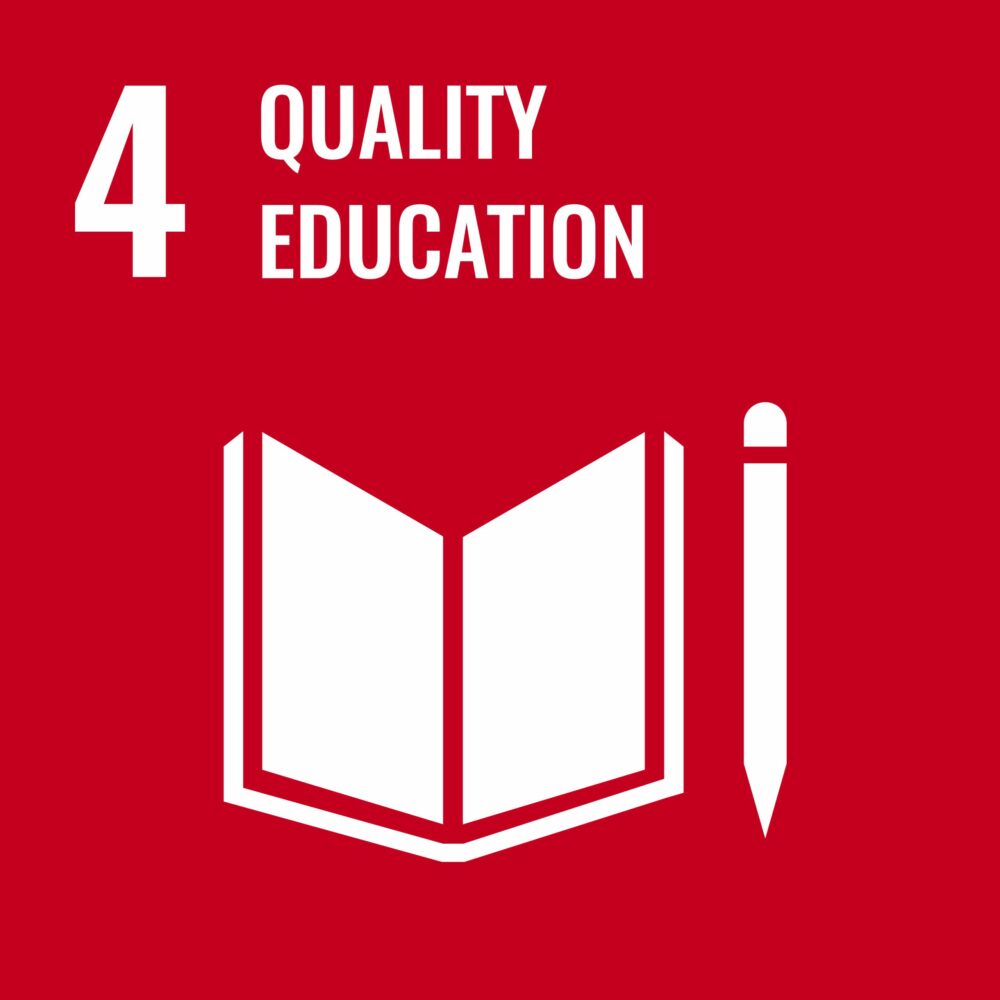Decreasing Reliance on Wood Fuel and Forest Degradation
Biomass energy such as fire wood and charcoal is still the main cooking fuel in most developing countries worldwide. Wood fuel collection and charcoal production are a cause of illegal logging that can lead to severe forest degradation and deforestation.






